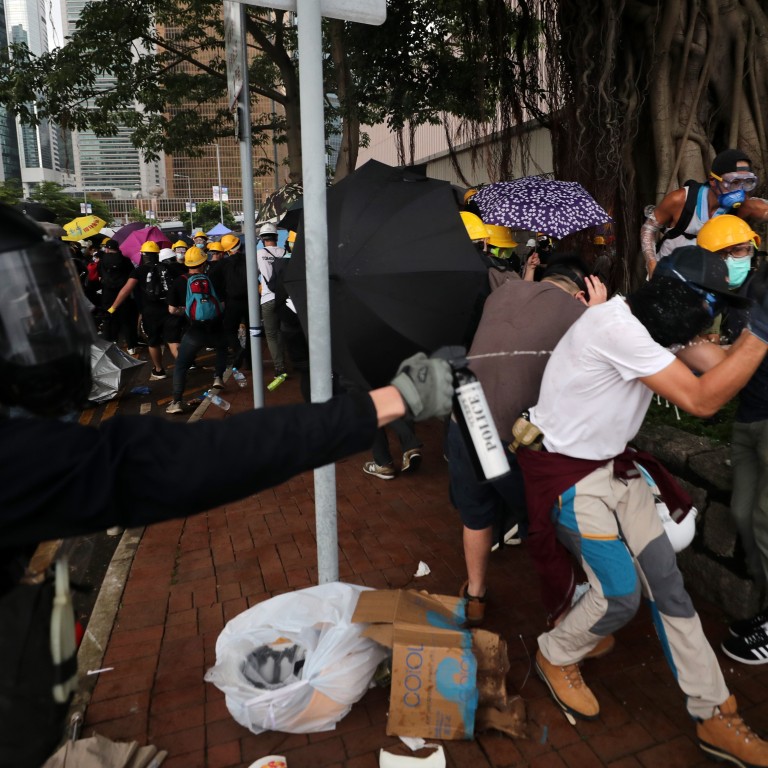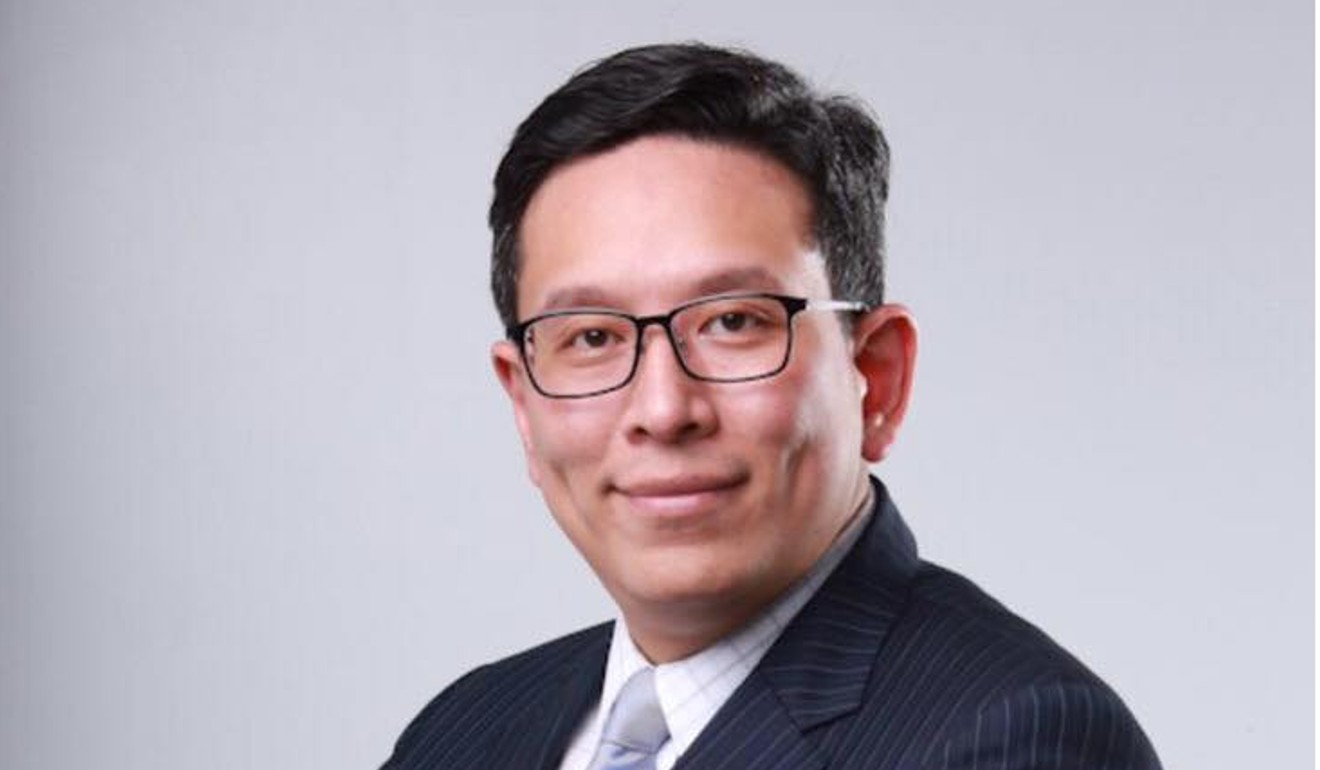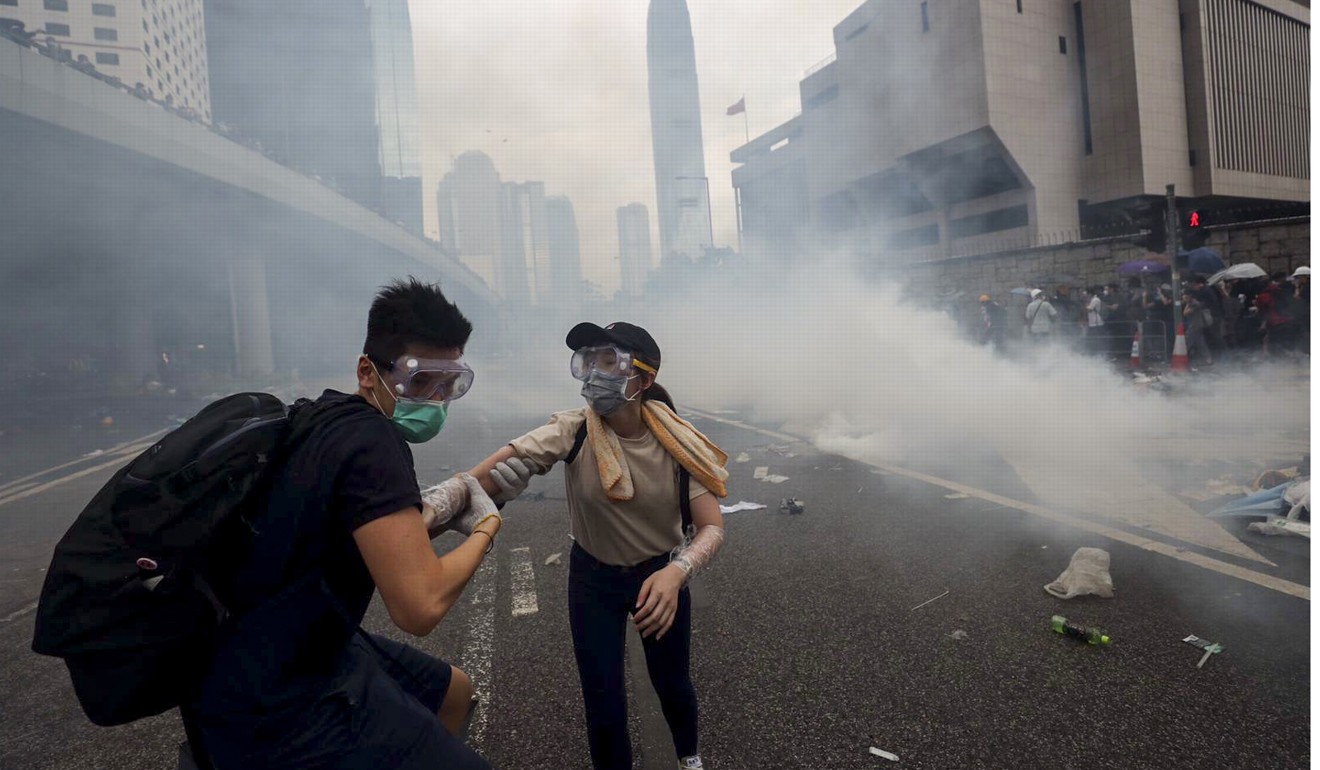
Former members of Hong Kong police watchdog say court case no excuse for holding up interim report on handling of protests
- Timing, motivation of watchdog body’s unexpected delay questioned by former members
- IPCC ‘should have stopped its review’ earlier if it anticipated problems tied to court case, says one
Edwin Cheng Shing-lung, a former member of the Independent Police Complaints Council (IPCC), disagreed with the watchdog’s decision to release its fact-finding report only after the conclusion of a judicial review examining whether it had exceeded its statutory power in investigating the unrest.
“I don’t see any problem with publishing the report, which focuses on fact-finding and descriptions of what has happened during the protests,” he said during a programme on Commercial Radio.

In a statement issued on Thursday night following a closed-door meeting, the IPCC said its governing council “unanimously resolved at the meeting to postpone the decision on the publication of the interim report … until after the delivery of judgment in the judicial review.”
The interim report, endorsed earlier that day, specifically looks into clashes between protesters and police on June 9 and 12, and July 1. It remains unclear when the full review, covering the dates from July onwards, will be completed.
The decision to hold back the report dealt a blow to Chief Executive Carrie Lam Cheng Yuet-ngor’s pledge that the review would be published by late January or early February. Lam, in refusing protesters’ demand for a judge-led independent inquiry, had said the IPCC inquiry was appropriate and that another “review committee” would be set up to look at the broader, underlying causes of the past seven months of social unrest.
Eric Cheung Tat-ming, another former member of the IPCC, questioned the timing of the IPCC’s decision to delay the report’s release.
“The High Court granted leave for application for the judicial review nearly a month ago. The IPCC should have stopped its review if it realised there could be problems when the judicial review was given the go-ahead,”said Cheung, who is principal law lecturer at the University of Hong Kong.
The IPCC should have stopped its review if it realised there could be problems when the judicial review was given the go-ahead
“But the IPCC didn’t stop its work since then and continue to compile its report.”
Cheung noted that the court had not issued an injunction against the report’s publication, adding that making it public ahead of the court decision would have no consequences that could not be undone.
“It’s obvious the decision was not made purely on legal grounds,” he said.
Democratic Party lawmaker James To Kun-sun echoed that interpretation, saying the IPCC had come under political pressure to halt the publication of the report.
But former Hong Kong Bar Association chairman and adviser in Lam’s de facto cabinet Ronny Tong said the IPCC’s decision to postpone the report’s publication was justified.
“The court granted application for the judicial review last month,” he said. Though he agreed “the IPCC had responded to the development too slowly.”

The legal challenge, brought by social worker and activist Hendrick Lui Chi-hang, centred on the council’s authority to initiate such a review.
He has argued that the government should not use the IPCC probe as a pretext to refuse to launch an independent inquiry into clashes between police and protesters.
Presiding judge Mr Justice Keith Yeung Kar-hung ruled on December 20 that Lui’s challenge was “reasonably arguable”and could proceed.
No date has been fixed yet for the judicial review hearing yet, a legal source said.
IPCC vice-chairman Tony Tse Wai-tsuen said on Friday it was a shame that the interim report could not be published according to the planned schedule.
“But we also need to respect the court and the statutory power of judicial review,” Tse said. “We understand there is a public expectation. We hope the court hearings can start as soon as possible.”
Lui, meanwhile, said he would not withdraw his judicial review. “It wouldn’t change the fact that the IPCC had gone beyond its statutory power even if I drop the case,” he said.
The Hong Kong Economic Journal, citing unnamed sources, on Monday reported that the council’s interim report found police displayed multiple “shortcomings”, including a lack of communication between commanders, and no clear guidance on when to stop using force.
Additional reporting by Elizabeth Cheung

